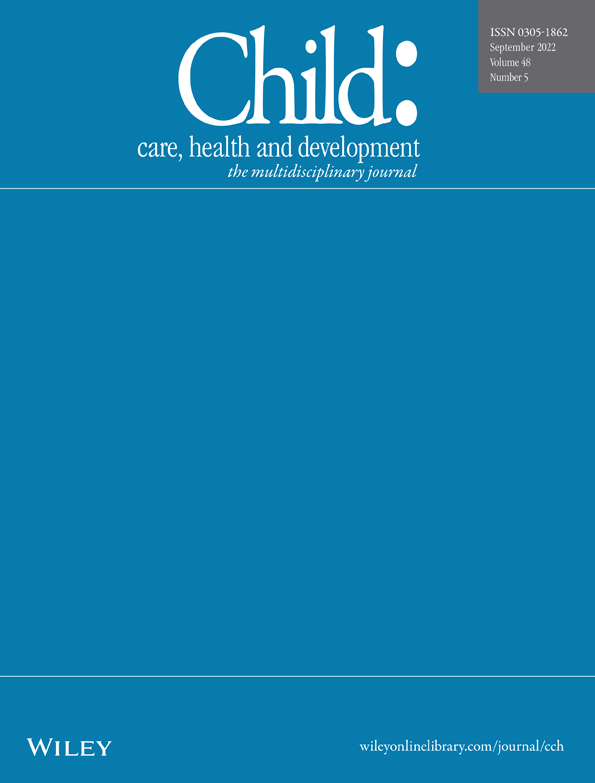Parents' priorities and preferences for treatment of children with ADHD: Qualitative inquiry in the MADDY study
Funding information: Emmy Droog (endowed) chair in Complementary and Alternative Healthcare; OSU Department of Human Sciences; National Center for Advancing Translational Sciences, Grant/Award Number: 8UL1TR000090-05; Department of Child and Adolescent Psychiatry, Oregon Health & Science University and Oregon Clinical & Translational Research, Grant/Award Number: NIH-NCCIH T32 AT002688; National University for Natural Medicine, Grant/Award Numbers: UL1TR000128, NIH-NCCIH 5R90AT00892403; Gratis Foundation; Nutrition and Mental Health Research Fund
Abstract
Background
Parents' lived experiences of having a child with ADHD may shape their decision making regarding ADHD treatment options for their child. The aim of this study was to explore parents' experiences of living with a child with ADHD in the family and how their experiences influence their perspectives on treatment preferences and priorities.
Methods
A phenomenological qualitative design was used. Semistructured interviews were conducted with parents of children with ADHD who were enrolled in a multisite randomized controlled trial. Interviews were transcribed verbatim, and transcripts at each site were double coded. Initial codes were derived directly from the text. Qualitative data were analysed with an inductive approach.
Results
Twenty-three parents were interviewed: eight from Alberta, Canada; eight from Portland, Oregon, USA; and seven from Columbus, Ohio, USA. Among the parents, 69% were married, 86% completed college education and 52% reported household income over $80,000. Among the children, the mean age was 9.6 years (SD = 1.8 years), 78% were boys and 48% were never medicated for their ADHD. Two major themes emerged from the analysis. Theme 1 was ‘impact of ADHD on families within and outside the home’ with the following subthemes: ‘reconfiguring the home life’, ‘trial-and-error of accommodations at school’ and ‘responding to social pressures to fit in’. Theme 2 was ‘enabling appropriate and accessible treatments for families’ with the following subthemes: ‘finding the “right fit” with professionals and treatments’ and ‘factors influencing inequitable access to treatments’.
Conclusions
Parents described shared experiences and identified similar barriers, preferences and priorities for ADHD treatments regardless of demographic differences by site. Families desired access to family-centred, multimodal approaches to ADHD treatment. Further research is needed to identify the specific structural changes to healthcare, services and policies that will better support this approach.
CONFLICT OF INTEREST
Dr. Arnold has received research funding from Supernus Pharmaceuticals (USA), Roche/Genentech Pharmaceuticals (Switzerland), Otsuka Pharmaceuticals (Japan), YoungLiving Essential Oils (USA) and National Institute of Health (USA, R01 MH 100144); has consulted with Pfizer Parmaceuticals (USA); and has been on advisory boards for Otsuka (Japan) and Roche/Genentech (Switzerland). Other authors have no conflicts of interest relevant to this article to disclose.
Open Research
DATA AVAILABILITY STATEMENT
The data that support the findings of this study are available from the corresponding author upon reasonable request.




